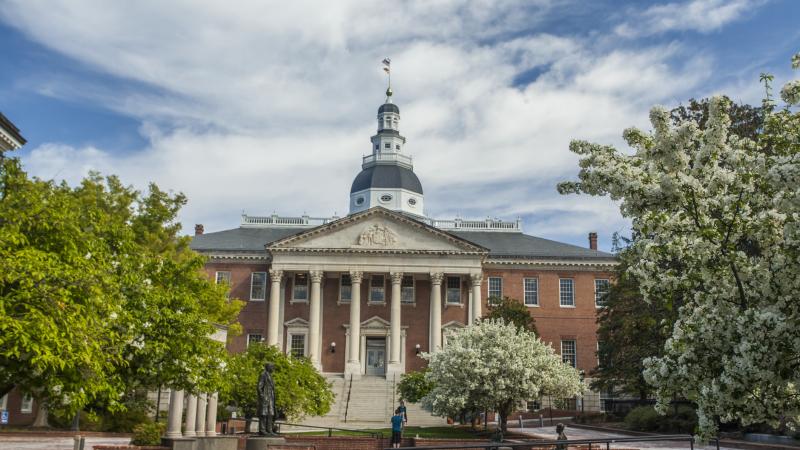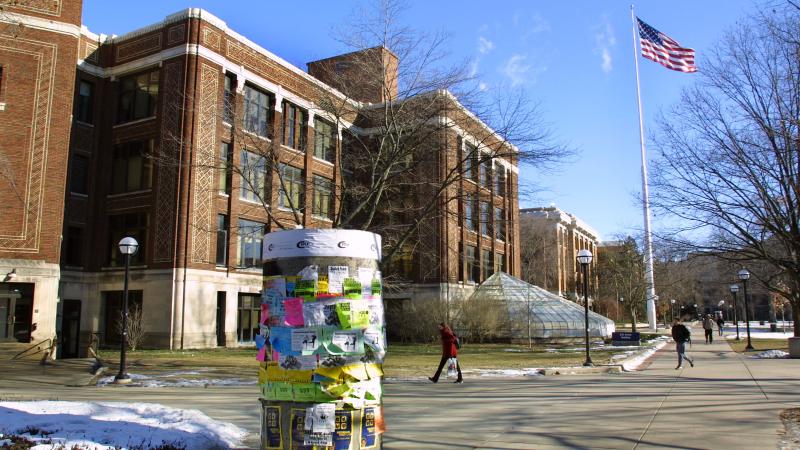U.S. rep calls for more safeguards on how welfare money is spent
The call follows a scandal in Mississippi where the Department of Human Services allowed well-connected people to spend tens of millions of welfare dollars intended for needy families on other projects.
An Illinois congressman is calling for more scrutiny on the Temporary Assistance for Needy Families program. The call follows a scandal in Mississippi where the Department of Human Services allowed well-connected people to spend tens of millions of welfare dollars intended for needy families on other projects.
U.S. Rep. Darin LaHood, R-Illinois, a member of the House Ways and Means Committee on Work and Welfare, said fixing the TANF program should be a bipartisan effort.
“We should be able to work together to improve accountability in this vital program,” LaHood said. “It's time to reclaim TANF funds to ensure dollars are intentionally focused on removing barriers to work, reducing dependency and growing the capacity of individuals to realize their full potential.”
In Mississippi, former Human Services Director John Davis has pleaded guilty to charges tied to welfare misspending in one of the state's largest public corruption cases.
The scandal has ensnared some high-profile figures, including former NFL quarterback Brett Farve, who allegedly secured $5 million for a volleyball court for his alma mater, the University of Southern Mississippi.
“Current TANF law lacks basic financial safeguards included in most other federal programs, making it easy for states to divert funds and increasing the risk of fraud and abuse,” LaHood said.
Those who do qualify in Mississippi get the lowest payments in the country, according to the Center for Budget and Policy Priorities. Illinois' TANF benefit, tied to 30% of poverty, has increased to $549 a month for a family of three.
Illinois has dealt with welfare fraud issues. The Chicago Public School District faced “persistent and widespread fraud” by highly-paid employees taking advantage of food stamp and state-subsidized health care benefits by underreporting their income, according to a 2022 annual report from the district’s Office of Inspector General.













